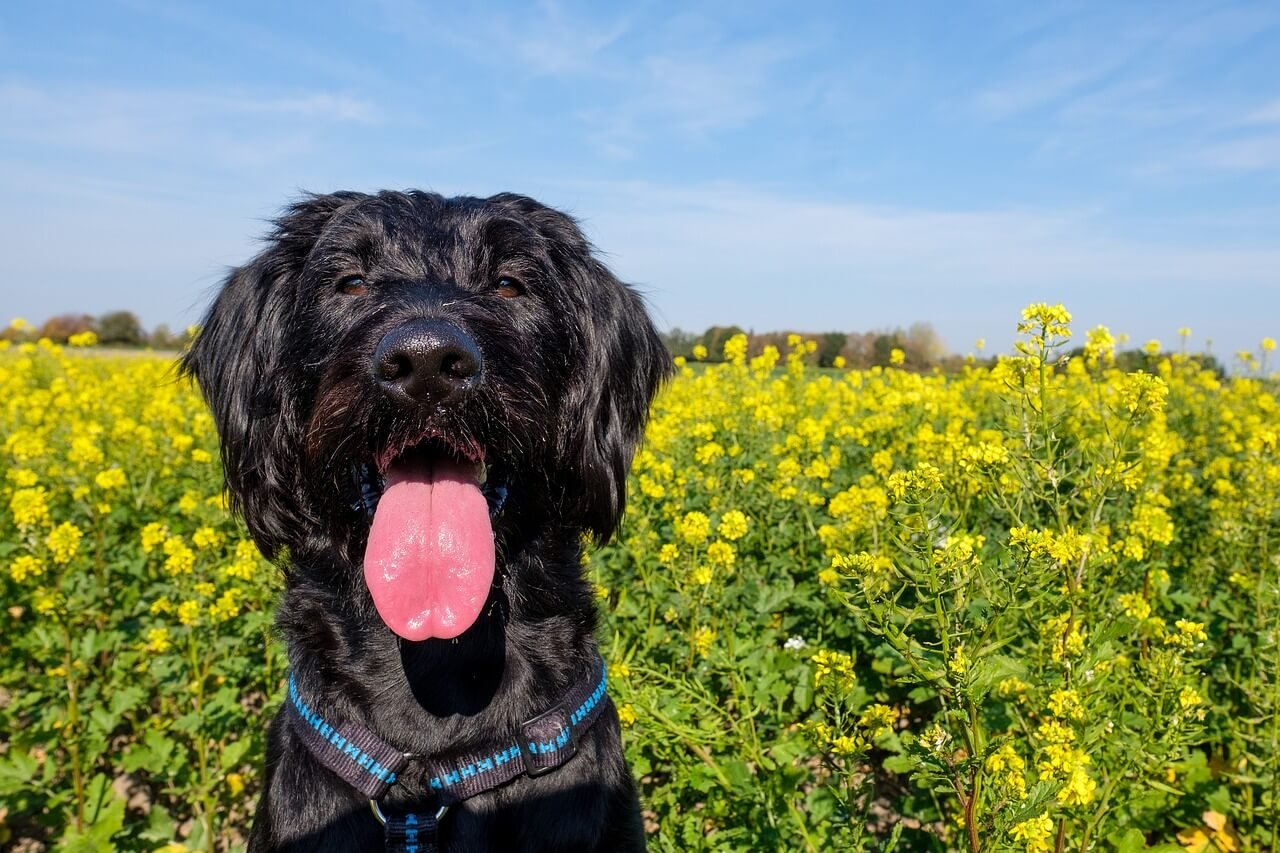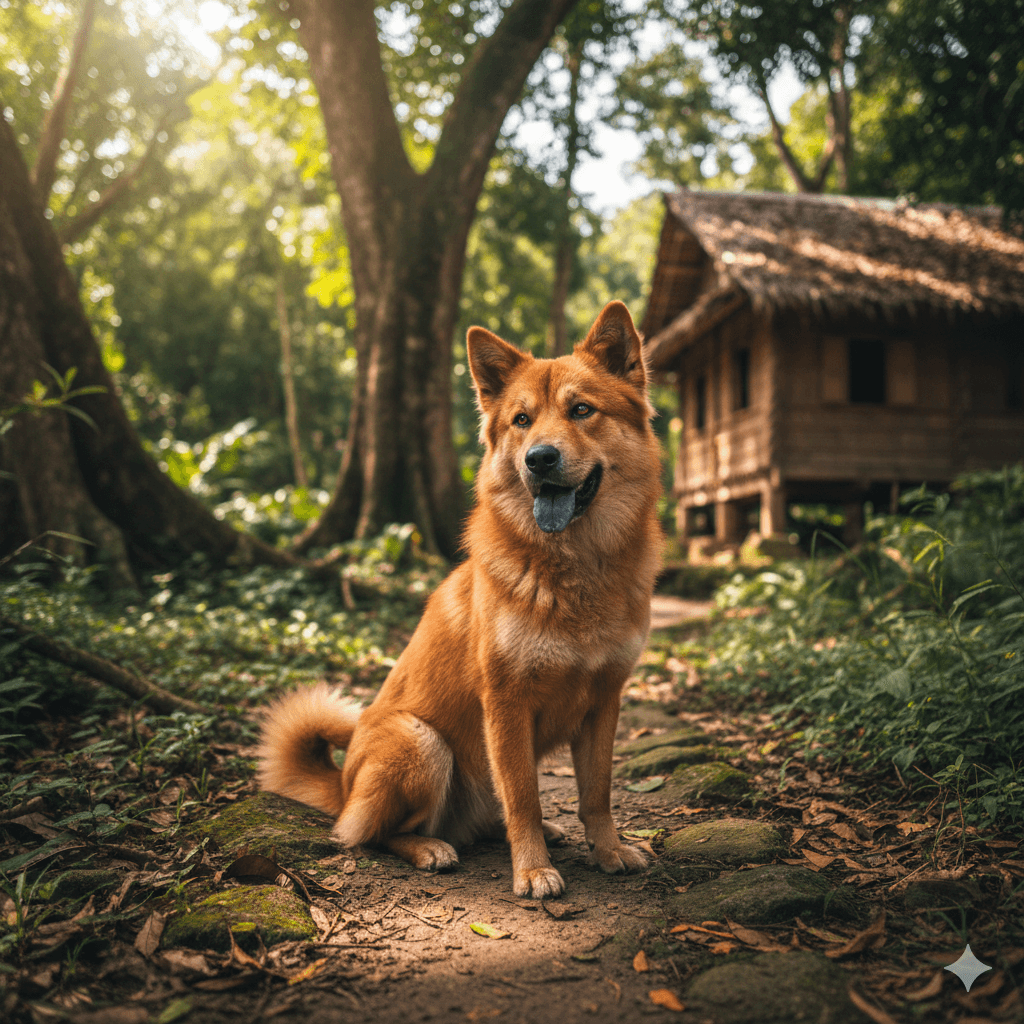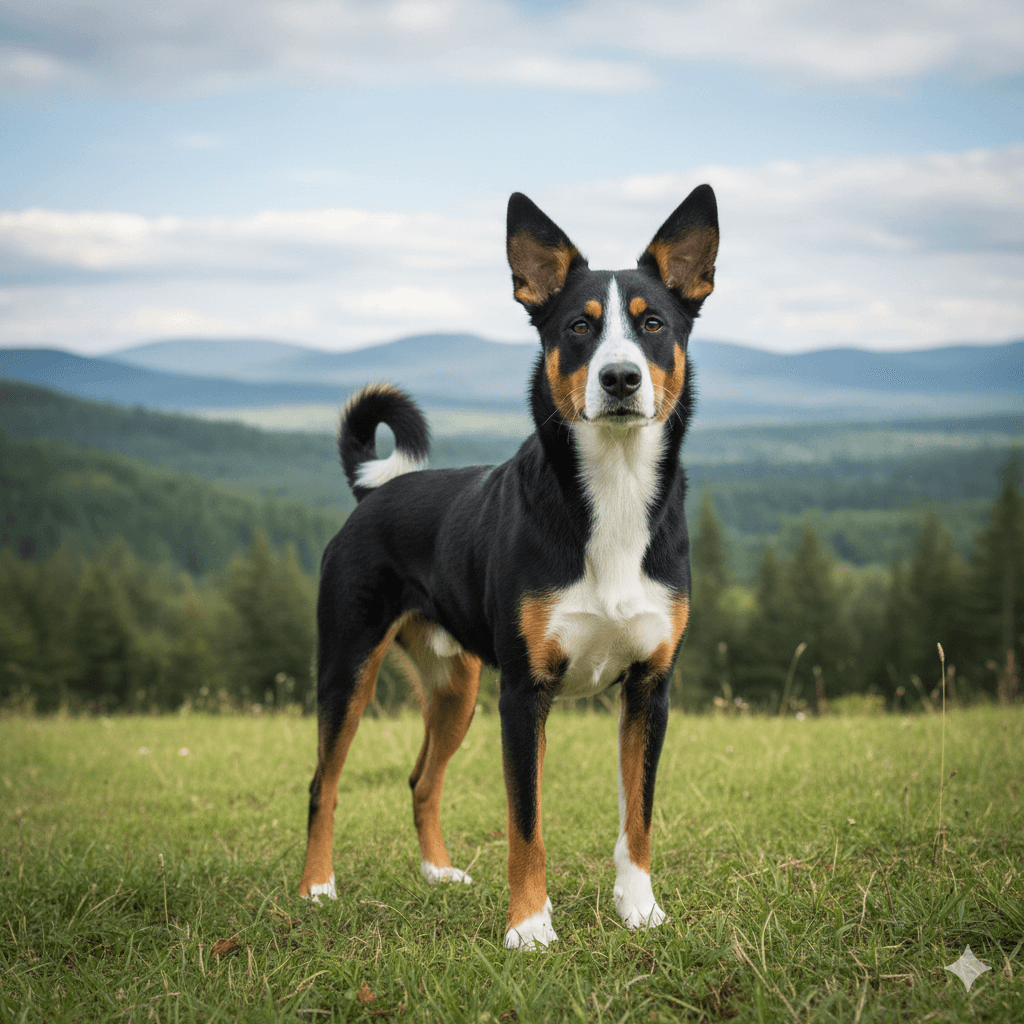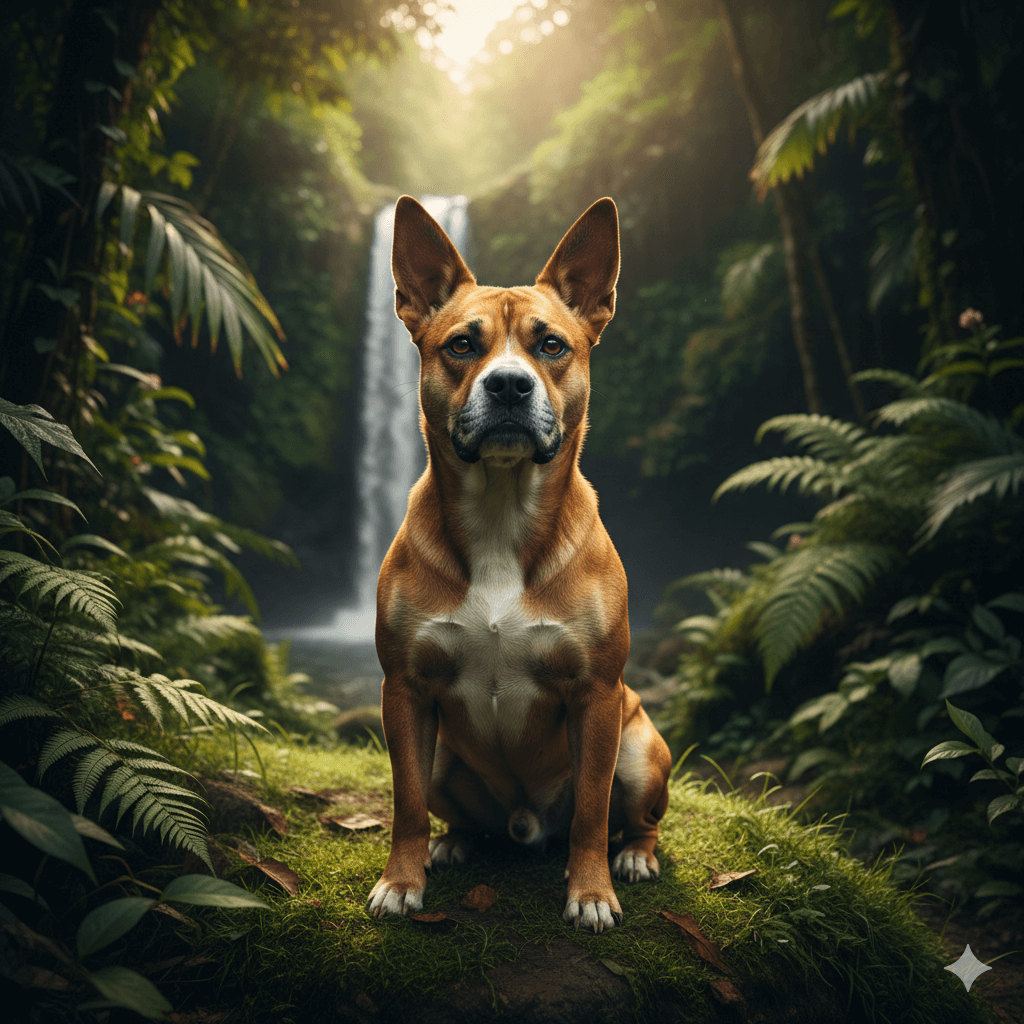Dog Licking Balls: Is It Normal, and Should You Be Concerned?
If you’ve ever caught your dog licking their private area—or “balls,” in the case of male dogs—you’re not alone. This behavior is common among dogs and often raises questions for pet owners. While occasional licking is usually harmless, excessive or obsessive licking can sometimes indicate an underlying issue. So, why do dogs engage in this behavior, and when should you be concerned?
In this blog post, we’ll explore the reasons behind dog licking balls, differentiate between normal grooming and potential problems, and provide practical tips to address any concerns. Whether you’re a new dog owner or simply curious about your pup’s habits, this guide will help you better understand your furry friend’s behavior and ensure their health and comfort.
Why Do Dogs Lick Their Balls? Common Reasons
Dogs lick their private areas for a variety of reasons, ranging from basic hygiene to more serious health concerns. Understanding these motivations can help you determine whether the behavior is normal or a sign of trouble. Here are some common reasons why dogs lick their balls:
Cleaning themselves as part of natural grooming habits
Relieving itchiness caused by allergies or skin irritation
Addressing discomfort from injuries or wounds in the area
Responding to infections like urinary tract infections (UTIs)
Seeking relief from parasites such as fleas or ticks
While occasional licking is typically harmless, persistent or frantic licking may signal an underlying issue that requires attention. Observing your dog’s behavior closely can help you identify the root cause and take appropriate action.
Signs That Dog Licking Balls May Indicate a Problem
Not all licking behaviors are created equal. Some signs can indicate that your dog’s licking is more than just routine grooming. If you notice any of the following behaviors, it might be time to consult your veterinarian:
Excessive licking that interrupts daily activities like eating or playing
Redness, swelling, or visible sores in the groin area
A strong odor emanating from the private region
Licking accompanied by whimpering or signs of pain
Changes in urination habits, such as increased frequency or difficulty
These signs could point to infections, allergies, or other medical conditions that need professional care. Early intervention ensures your dog stays healthy and comfortable.
Check this guide 👉Why Is My Dog Licking Their Legs? Best 7 Expert Tips!
Check this guide 👉Why Is My Dog Licking the Air? Best 7 Behavior Tips!
Check this guide 👉Why Is My Dog Licking Its Nose So Much? Best 7 Behavior Tips
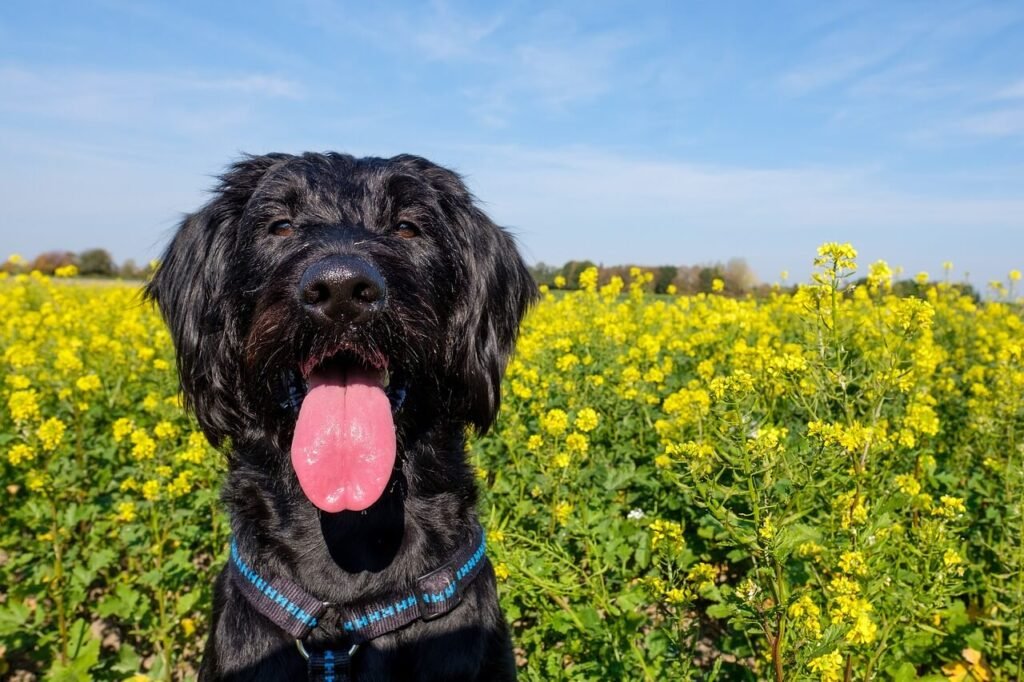
Normal Reasons for Licking | Potential Health Concerns |
|---|---|
Grooming and cleaning | Urinary tract infections (UTIs) |
Temporary itchiness | Skin infections or irritations |
Post-surgery recovery | Allergies causing irritation |
Exploring their body | Parasites like fleas or ticks |
Habitual behavior | Tumors or growths in the area |
How to Address Excessive Licking Behavior
If your dog’s licking behavior seems excessive or problematic, there are steps you can take to address it. These strategies focus on identifying the cause and providing relief for your pup. Here are some practical tips:
Schedule a vet visit to rule out infections or medical conditions
Use hypoallergenic shampoos to soothe irritated skin
Ensure your dog is up-to-date on flea and tick prevention treatments
Trim the fur around the groin area to reduce irritation
Distract your dog with toys or activities to break the licking habit
By addressing the root cause and providing alternatives, you can help your dog overcome excessive licking and improve their overall well-being.
Preventing Unnecessary Licking in the Future
Prevention is always better than cure when it comes to managing your dog’s licking habits. By taking proactive steps, you can minimize the chances of excessive licking becoming a recurring issue. Here are some preventive measures to consider:
Maintain a regular grooming routine to keep your dog clean and comfortable
Monitor your dog’s diet to avoid allergens or irritants
Provide plenty of mental and physical stimulation to reduce boredom
Inspect your dog’s skin regularly for signs of irritation or parasites
Keep your home environment clean and free of potential irritants
These preventive strategies not only address licking but also contribute to your dog’s overall health and happiness. A little effort can go a long way in preventing future problems.
Tips for Reducing Boredom-Related Licking
Boredom can sometimes lead to excessive licking, including licking of the private area. Dogs that lack mental or physical stimulation may resort to repetitive behaviors as a way to entertain themselves. Here are some tips to keep your dog engaged and reduce boredom-related licking:
Provide interactive toys like puzzle feeders or treat-dispensing balls
Schedule regular playtime sessions with fetch or tug-of-war games
Enroll your dog in obedience classes or agility training
Rotate toys weekly to keep them exciting and novel
Take your dog on daily walks to explore new environments
By keeping your dog mentally and physically stimulated, you can reduce the likelihood of boredom-induced licking. A busy dog is less likely to engage in repetitive behaviors.
Signs Your Dog May Be Experiencing Discomfort
Licking their private area can sometimes be a sign that your dog is experiencing discomfort or pain. Dogs often use licking as a way to self-soothe when something feels wrong. Here are some signs that discomfort might be driving the behavior:
Restlessness or inability to settle down
Frequent shifting or repositioning while lying down
Avoidance of touch or sensitivity around the groin area
Whining or vocalizing during or after licking
Changes in appetite or overall energy levels
If you notice these signs, it’s important to investigate further. Addressing discomfort early can prevent more serious issues from developing.
How to Create a Comfortable Environment for Your Dog
A comfortable environment plays a significant role in reducing stress-related licking behaviors. Dogs that feel safe and relaxed are less likely to engage in excessive grooming habits. Here are some ways to create a calming space for your dog:
Provide a cozy bed or crate where they can retreat when feeling overwhelmed
Use white noise machines or calming music to drown out stressful sounds
Keep their living area clean and free of clutter
Maintain a consistent daily routine to reduce anxiety
Use pheromone diffusers or sprays designed to soothe anxious dogs
A calm and predictable environment helps your dog feel secure, which can naturally reduce stress-related behaviors like excessive licking. A happy dog is a relaxed dog!
FAQ
Is it normal for dogs to lick their balls occasionally?
Yes, occasional licking is normal and part of their grooming routine.
How can I tell if my dog’s licking is excessive?
Excessive licking is characterized by frequent, intense licking that disrupts daily activities or causes visible irritation.
Can allergies cause my dog to lick their private area?
Yes, allergies can lead to itching and irritation, prompting your dog to lick the affected area.
Should I stop my dog from licking their balls entirely?
No, occasional licking is natural, but excessive licking should be addressed to prevent further issues.
What should I do if my dog’s licking doesn’t stop?
Consult your veterinarian to rule out underlying health problems and receive tailored advice.
Conclusion: Understanding and Managing Dog Licking Balls
Dog licking balls is a behavior that can range from completely normal to a sign of an underlying issue. By understanding the reasons behind this habit and recognizing the signs of trouble, you can ensure your dog remains healthy and comfortable. Whether it’s through regular grooming, preventive care, or consulting your veterinarian, there are plenty of ways to address and manage this behavior effectively. Remember, your dog relies on you to advocate for their well-being, and staying attentive to their habits is key to maintaining a happy, healthy relationship. With patience and care, you can help your furry friend thrive while keeping their unique quirks in check.
Telomian Chow Chow Mix: Best 7 Expert Tips! – Discover the unique blend of loyalty, agility, and independence in this rare hybrid. Perfect for devoted dog lovers!
Telomian Akita Mix: Best 7 Expert Tips! – Discover the perfect blend of loyalty, strength, and agility in this unique hybrid. Learn care, training, and health tips!
Telomian Bernese Mountain Dog Mix: Best 7 Expert Tips! – Discover the perfect blend of agility, loyalty, and charm in this unique hybrid companion.
Telomian Bulldog Mix: Best 7 Expert Tips! – Discover the perfect blend of loyalty, energy, and charm with this unique hybrid breed. Ideal for active families!

